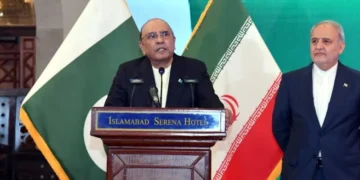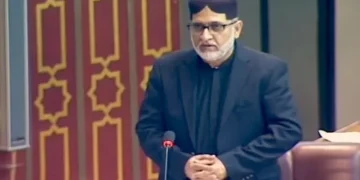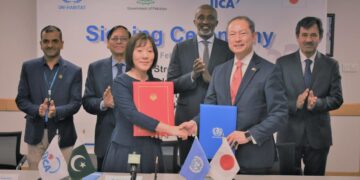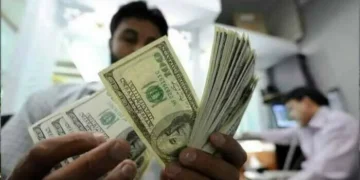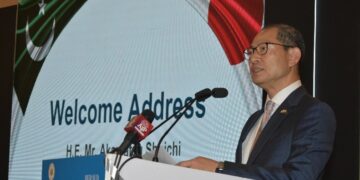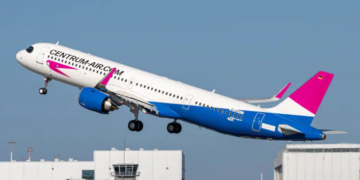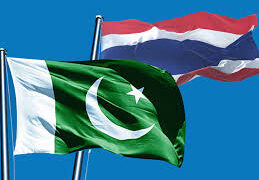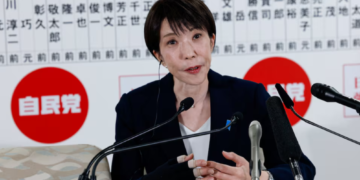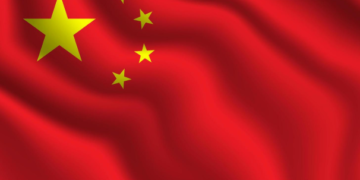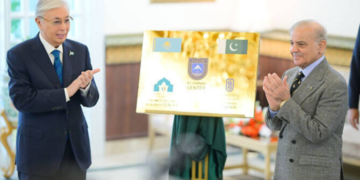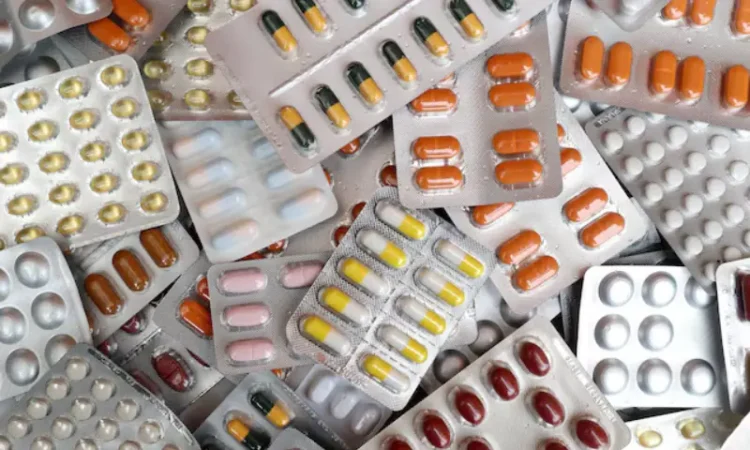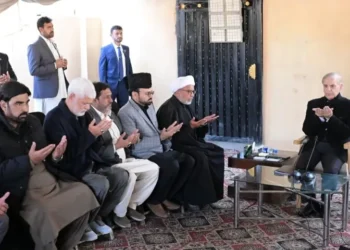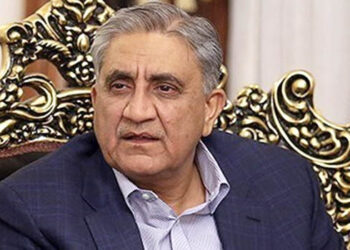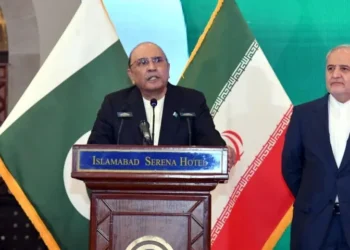ISLAMABAD: Medicine prices in Pakistan have increased by an average of 15 percent since the government implemented the deregulation policy in February 2024, significantly lower than the 32 percent figure recently cited by authorities, according to the Pakistan Pharmaceutical Manufacturers Association (PPMA).
In a statement on Wednesday, the PPMA clarified that the 32 percent figure represents the cumulative price increase over the past two years, not solely after deregulation. The actual 15 percent rise includes approximately 2.5 percent due to production growth and the introduction of new products, making the real impact on existing medicines closer to 13.5 percent.
Citing the latest IQVIA report, considered a trusted global source for pharmaceutical pricing and sales data, the association noted that the overall price increase over the past 12 months stands at just 16 percent.
Before deregulation, Pakistan’s pharmaceutical sector faced severe challenges due to strict price controls, a depreciating rupee, and record-high inflation of up to 35 percent. These conditions had led to shortages of vital medicines, including anti-cancer drugs, insulin, anti-TB medicines, heparin, and cardiovascular medications, forcing patients to turn to counterfeit or smuggled alternatives.
The PPMA said the deregulation policy for non-essential medicines has helped restore the availability of more than 50 critical drugs in local pharmacies, as manufacturers resumed production. The association also expressed gratitude to the government for stabilizing the market and aligning Pakistan’s policy with international practices, where only essential medicines remain under price control, as in India and Bangladesh.




